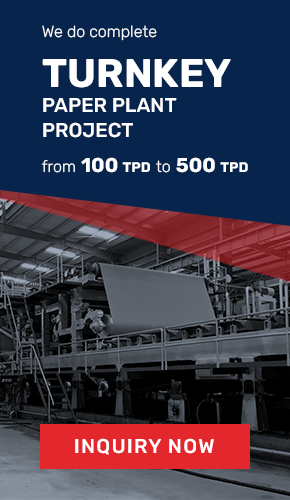If you want to be successful, you can’t rest on your laurels. As a result, they are continually searching for the next level of success. All parts of the company are important to them, and they see the value in constantly improving them.
Even in the best of times, professionals in successful firms are always on the lookout for new ways to improve. They are seeking out how to make smarter decisions, not get enslaved to a goal to enhance productivity and be more fruitful. Long story short, successful companies are always looking for ways to improve their service to their customers.
This type of action, however, does not just happen. Sure, some people are driven by a natural desire to improve their abilities and the outcomes they generate at work. Many people, on the other hand, want to remain in their comfort zones, never questioning how things are done.
Companies must explain the value and importance of continuous improvement and incorporate it as a disciplined strategy into every element of their operations. They must teach their personnel how to examine internal processes and devise solutions to improve them. They must analyse their customer achievements and mistakes and act on what they’ve learned to go above and beyond customer pleasure. This is a vital aspect for most leading firms in today’s fast-paced and competitive environment.
The Principle of Kaizen
While change is one of the underlying principles that control how the world works, it is increasingly synonymous with corporate transformation and innovation, and it appears to be a requirement for any modern development strategy.
There are two approaches to transformation. The first is to create a one-time, radical, disruptive shift; the second is to make incremental changes, day by day, that can carry you far further in your change than you ever imagined conceivable in the long term.
Kaizen, or the “art of continuous improvement by small steps,” completely embraces this idea of incremental change, in which the existing system serves as the beginning point for introducing “little” improvements that can make a significant difference in workplace performance and well-being.
The Advantages of Continuous Improvement
Businesses can use continuous improvement techniques to identify problems and discover solutions. Small, positive improvements over time can have a significant impact on a company’s overall process. Here are a few ways that continuous improvement might help your company in the long run:
Increased Profits & Productivity
Your business will experience a significantly higher product per input if you incrementally improve processes. As a result, your entire organisation will be more efficient, which will lead to increased earnings.
Employee Satisfaction and Responsibility
Employees often offer a lot of suggestions about ways to enhance procedures or products. A strict organisational structure, on the other hand, can suffocate them and sap their motivation.
In a company with a continuous improvement culture, on the other hand, every person is critical to the company’s success. Allowing your staff to go the additional mile and contribute to progress makes them feel appreciated, which boosts morale and accountability.
Greater Flexibility
To stay ahead of the competition, a company must change at all times. Employees who are acclimated to change will not be phased during times of crisis and change if they are used to it.


